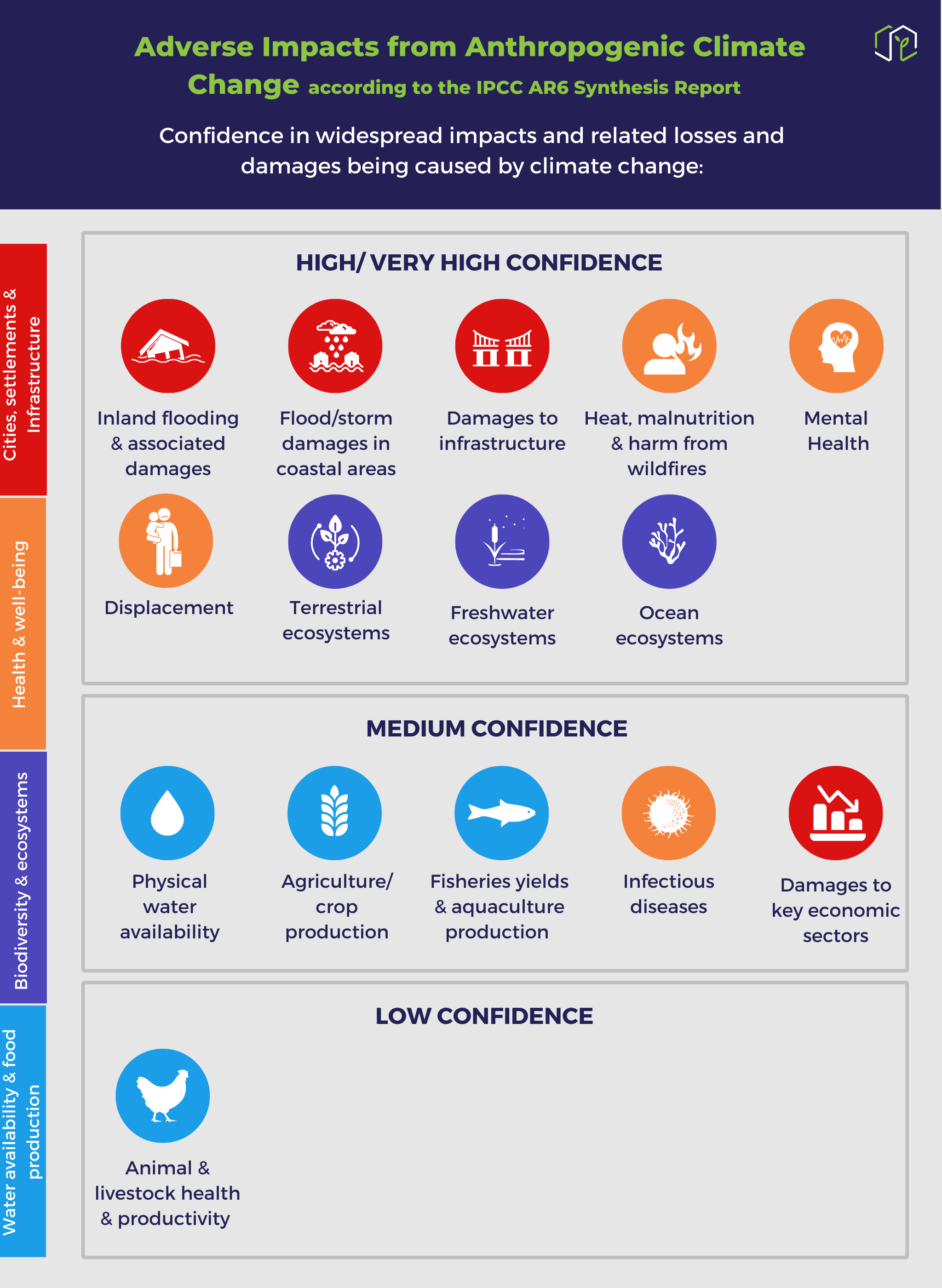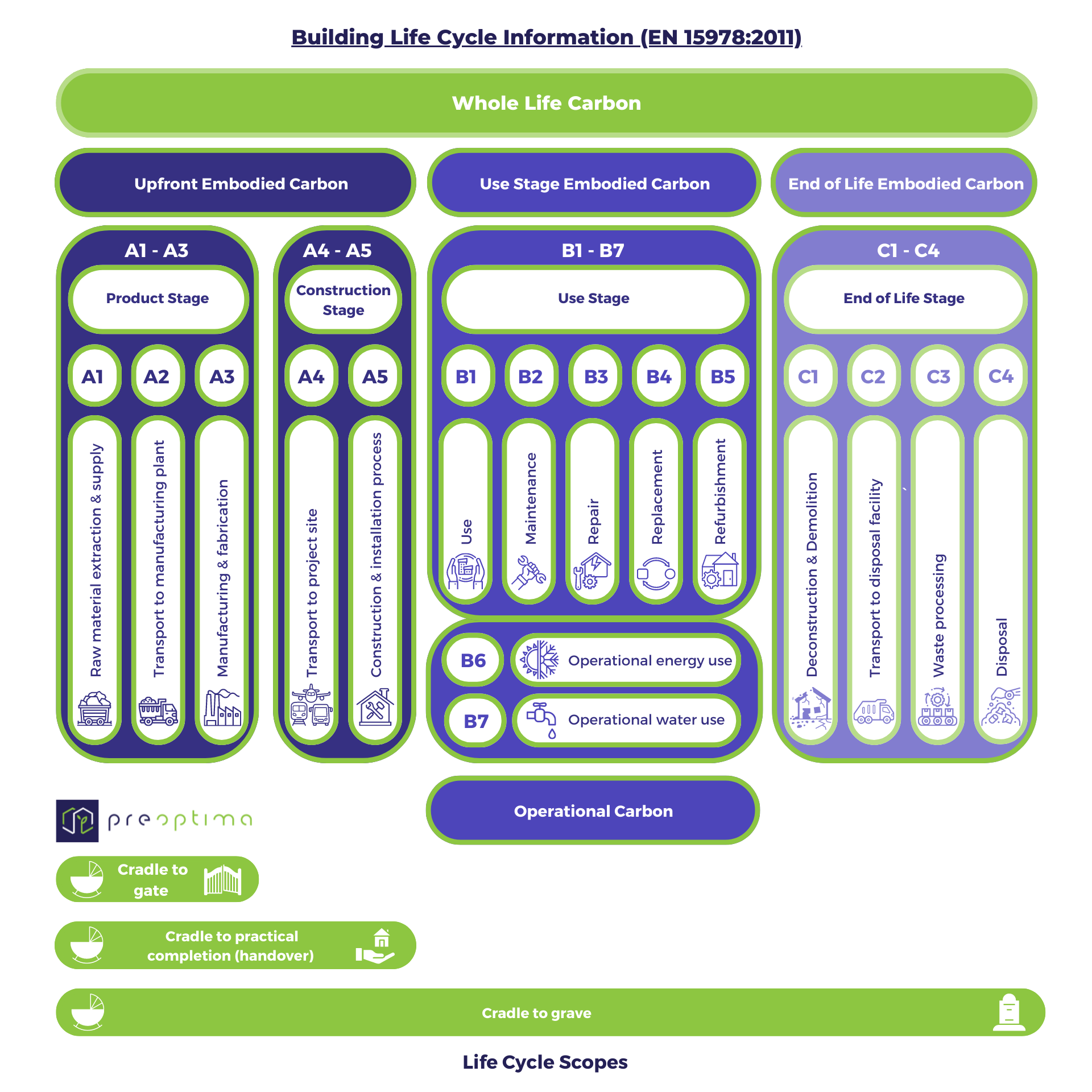How many reminders do we need?
Read Time 4 mins | Written by: Alex Bantock
According to the World Green Building Council, the IPCC's AR6 Synthesis Report - Climate Change 2023 - is "a ‘final reminder’ that the global community urgently needs to mobilise and scale available solutions to deliver a decarbonised, sustainable and resilient future for all global citizens."
The 'state of climate change knowledge' report is shocking and quite frankly scary... but this reaction is so incredibly important, here's why:
We need to be shocked and we need to be scared because this is the only way that we will be spurred into taking serious action. Our days of planting trees and paying lip service to 'green actions' are over and it's time to face our unequivocal contribution to global warming.
Where we are
A Global Stocktake of our current and future progress shows that despite the changes we are trying to make, they are simply not enough. The ambitions shown in nationally determined contributions (NDCs) announced by October 2021 fall short of where we need to be, as we are expected to exceed 1.5°C during the 21st century making it far more difficult to limit warming below 2°C.
Unfortunately, the warming we will experience during the next couple of decades will also not be on scale with previous temperature increases, as every increment of global warming will continue to intensify multiple adverse impacts, losses and damages simultaneously - like a spiderweb of interconnected hazards, nature is finally coming back to bite us. 
Where we're going
Despite the 'doom and gloom', the path forward is clearer than we think, with a large number of feasible and demonstrably effective solutions already available to reduce greenhouse gas (GHG) emissions and adapt to anthropogenic climate change. But we need to act fast, with solutions scaled quickly and applied widely, if we are to reach net zero emissions in time.
"Limiting human-caused global warming requires net zero CO2 emissions1."
The IPPC's report shows that our urban systems are paramount in achieving deep decarbonisation and advancing sustainable and climate-resilient development, with the critical role of buildings being increasingly acknowledged. Key adaptation and mitigation levers in our cities and settlements include the sustainable design, construction, maintenance, retrofit and use of buildings.
How we're getting there
The sustainable design, construction, maintenance, retrofit and use of buildings are all dependent on one main thing - Whole Life Carbon (WLC) assessment, avoidance and reduction.
Without a WLC approach, we will never see the full extent and interrelated nature of a building's impacts and we arguably run the risk of maladaptation (a concern raised in the IPCC's report). The siloed consideration of embodied carbon and operational carbon does just this. For example, creating a highly-insulated energy-efficient home (without considering embodied carbon) ensures future operational savings but incurs and 'locks in' embodied emissions now through the use of carbon-intensive materials. This approach can be viewed as a 'carbon seesaw' - it positively impacts one aspect whilst negatively impacting the other.
The faster we move away from this apportioned way of thinking towards a systemic lifecycle view, the better, as we cannot afford any delays in decarbonising the built environment.
"Delayed mitigation and adaptation action would lock-in high-emissions infrastructure, raise risks of stranded assets and cost-escalation, reduce feasibility, and increase losses and damages1"
The IPCC's global modelled mitigation pathways to limit temperature increases to 1.5°C and 2°C limits also shows that the buildings, industry and transport sectors will be stragglers on the journey to net zero in comparison with land-use change and forestry and the energy supply sectors, thereby strengthening the case for immediate action and the rapid integration of WLC solutions in the built environment.
We have been warned that the choices we make today will impact us for thousands of years to come - so the pressure is on us to ensure they are the right ones.
References:
We'd love to hear from you!

